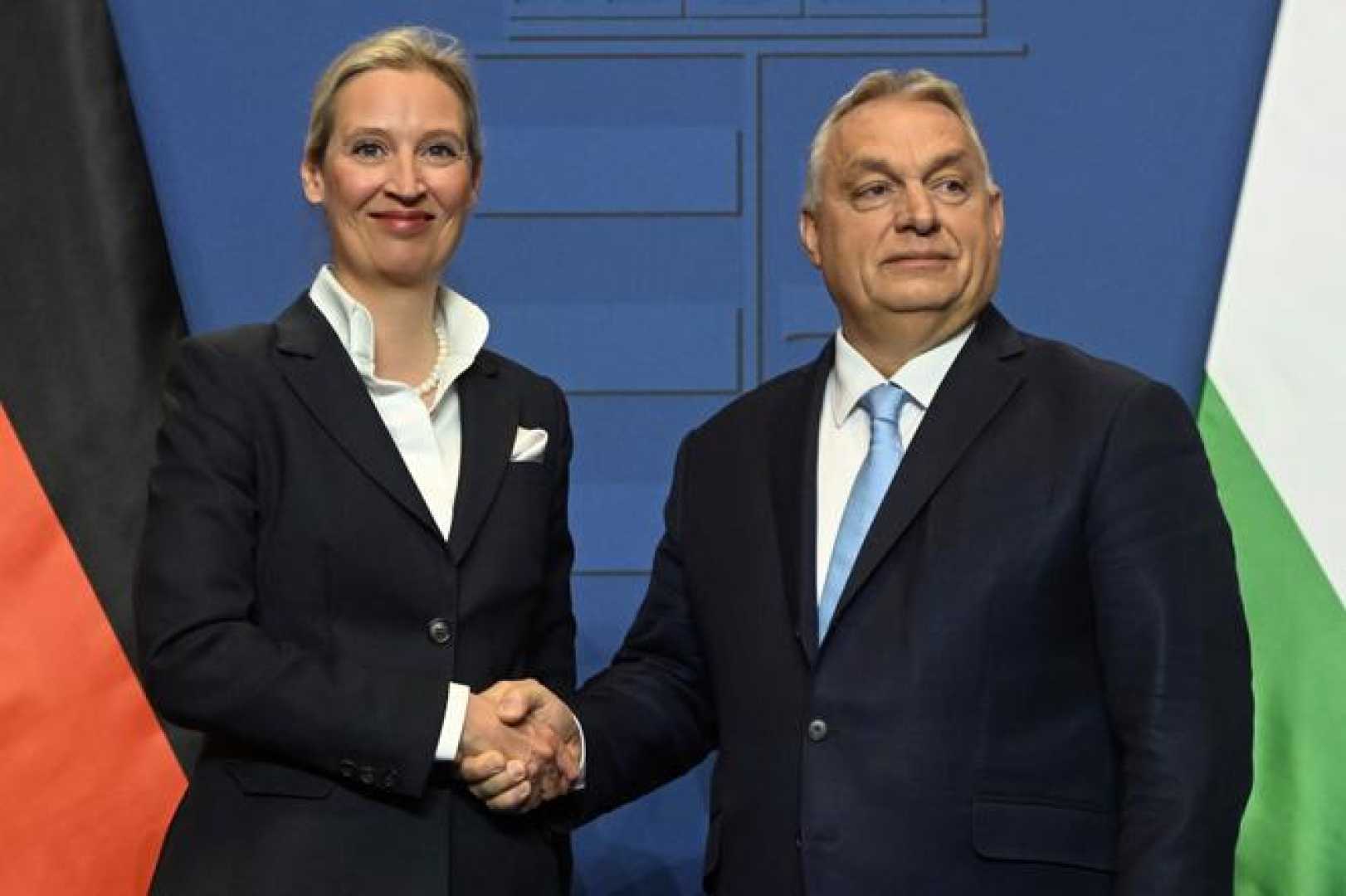Politics
Alice Weidel: AfD’s Controversial Face in German Politics

BERLIN, Feb 22 (Reuters) – Alice Weidel, the chancellor candidate for the Alternative for Germany (AfD) party, is emerging as a notable figure within the far-right political landscape of Germany. As the co-leader of a party known for its anti-immigration stance and traditional family values, Weidel’s background as a 46-year-old raising two sons with a Sri Lankan-born filmmaker adds complexity to her image.
Trained as an economist with a doctorate earned in China, Weidel’s linguistic abilities include fluent English and Mandarin. Previously, she worked for major financial institutions like Goldman Sachs and Allianz Global Investors before shifting her career toward politics. Political analysts suggest that her diverse experiences lend an air of respectability to a party often labeled as extremist.
“Weidel is someone who can appeal to a broader public than the typical AfD constituency, to the middle class bourgeoisie,” said Oliver Lembcke, a political scientist at the University of Bochum. Her poised demeanor, often seen in her choice of attire comprising a dark suit and pearls, contrasts sharply with the extremist reputation of some of her peers.
Weidel finds herself at the forefront of the AfD as it gains momentum ahead of the upcoming elections, with polls projecting the party at a record 21% support, closely following the conservative party at 29%, while Chancellor Olaf Scholz’s Social Democrats lag at 16%. This is the first time the AfD has nominated a chancellor candidate, and despite acknowledging the unlikelihood of forming a government, Weidel remains optimistic about the party’s future in German politics.
“Only with the AfD can the conservatives implement true change,” Weidel remarked, eyeing the potential cracks in the political coalition barriers as the conservative leader Friedrich Merz recently indicated a willingness to cooperate with the AfD on specific issues.
In the public sphere, Weidel has faced challenges do to her past experiences. She has openly discussed the difficulties of her upbringing in a politically active household and the difficulties she encountered with Middle Eastern immigrants during her youth, stating, “You don’t enjoy going to the outdoor pool anymore as a teenager when people are always calling you ‘slut’ or some such.”
Weidel’s political views include calls for stringent immigration controls, a reduction in taxes, and a skepticism towards climate change initiatives. She has described the necessity of addressing the perceived danger posed by immigrants, articulating her perspective in parliament with controversial statements regarding cultural integration.
Her position within the AfD has drawn criticism, particularly given the party’s opposition to same-sex marriage and adoption rights for same-sex couples. Although Weidel identifies as queer, she remarks that she is part of the party not in spite of her identity but because of it, emphasizing the AfD’s unique stance on matters important to the LGBTQ+ community, particularly concerning Islamic attitudes towards homosexuality.
Weidel’s complex identity and pragmatic approach to politics may serve as a double-edged sword in the upcoming elections as she tries to consolidate the party’s standing in Germany while navigating the contradictory expectations of her constituents.












